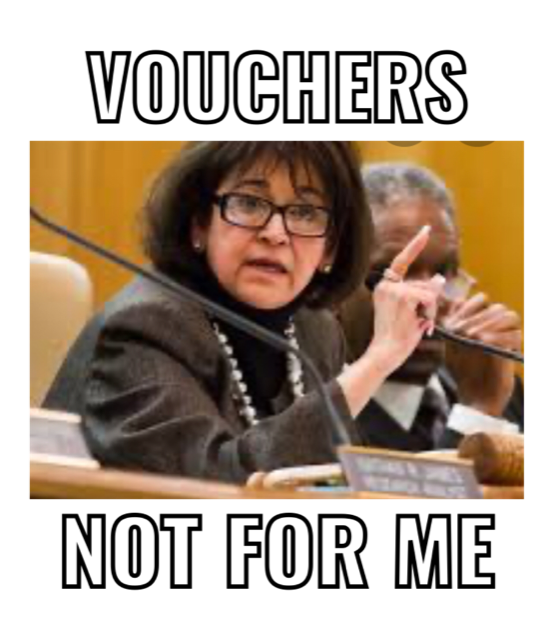State Senator Dolores Gresham will not be seeking re-election this year, the AP reports:
Tennessee Republican state Sen. Dolores Gresham says she will not be seeking reelection this year.
The Somerville lawmaker made the announcement in an email this week to constituents in her 26th District.
Gresham served six years in the state House before she was elected to three four-year terms in the Senate. She became Education Committee chairwoman as a freshman senator.
Gresham’s leadership was a critical element in securing passage of Tennessee’s school voucher program. In fact, in litigation filed by the school systems in Nashville and Memphis, reference is made to Gresham’s captaining of the voucher bill from the Senate floor.
Amendment No. 1 did not apply to Sen. Gresham’s home county of Fayette County or to any of the other six counties in Sen. Gresham’s district, despite Fayette County having two out of seven schools (28.6%) on the 2017 bottom 10% list and one out of seven schools (14.3%) on the 2018 list of priority schools.

For more on education politics and policy in Tennessee, follow @TNEdReport
Your support — $5 or more today — makes publishing education news possible.


